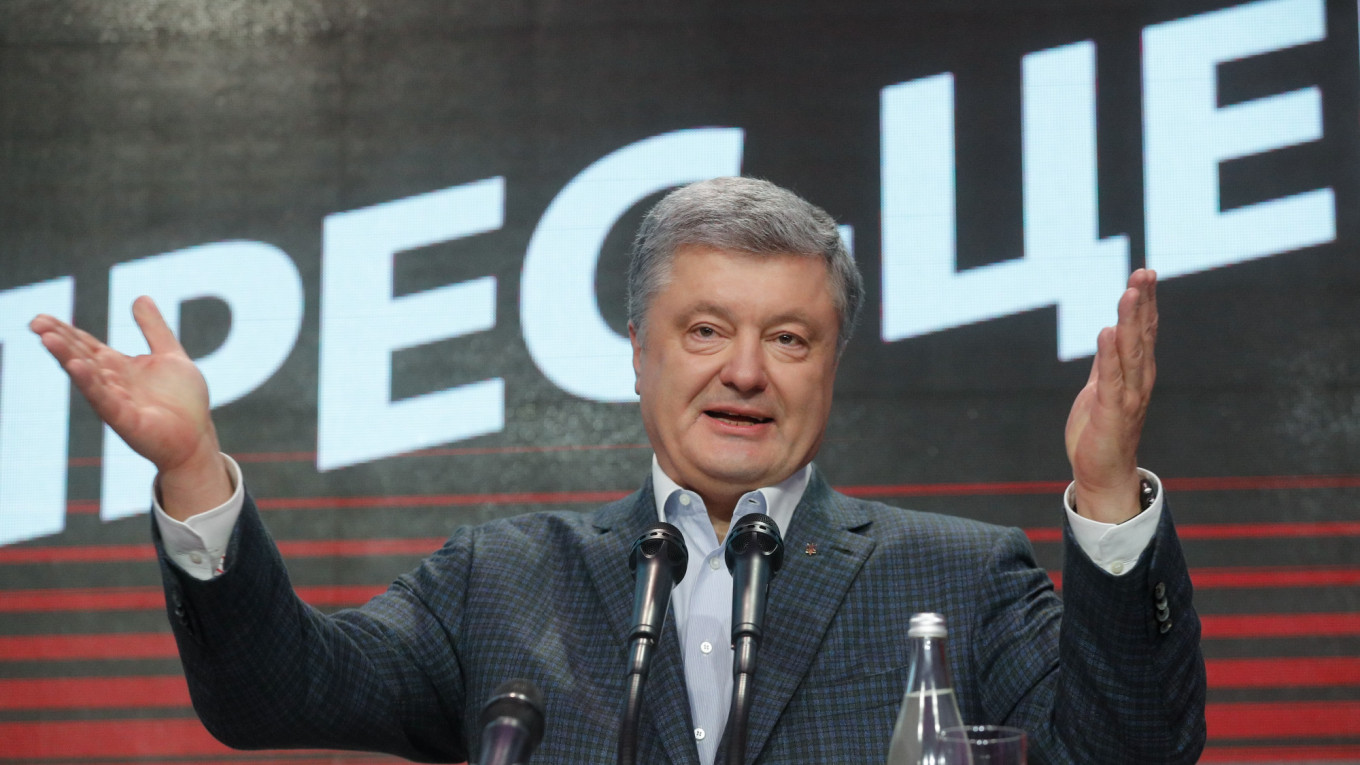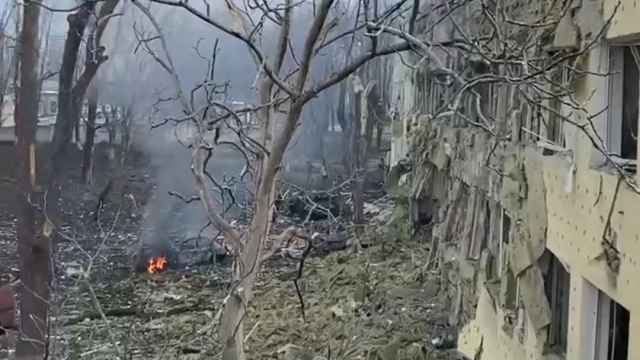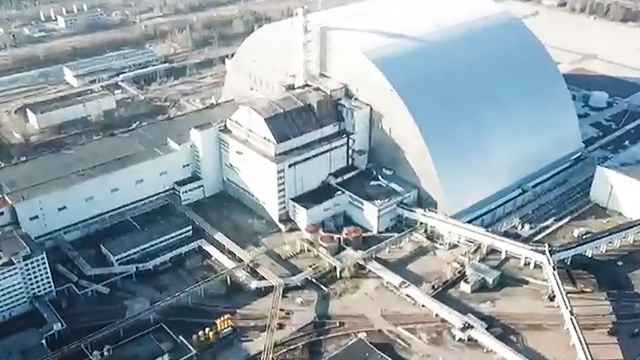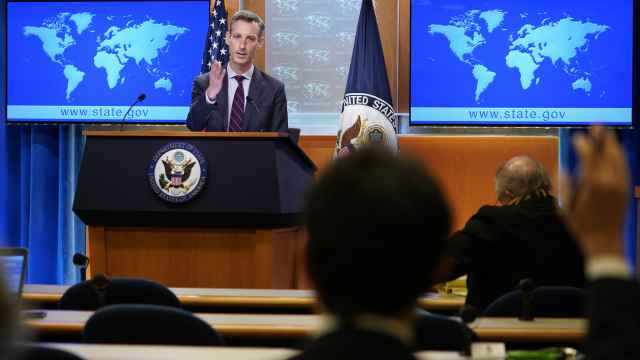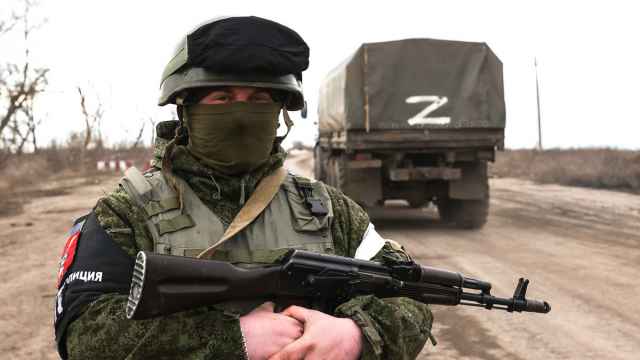Ukrainian President Petro Poroshenko has agreed to a face-off with the presidential race frontrunner Volodymyr Zelensky, in Kiev’s 70,000-seat Olympic stadium. What a spectacular twist to an already colorful Ukrainian election campaign, all the more impressive to a Russian audience, as it is impossible to imagine a debate — in any form — involving a rival to Russia’s head of state Vladimir Putin.
Ukraine’s presidential runoff is scheduled for April 21 while the debate is set for April 19, marking the final stretch of this campaign.
And while this won't be the first televised debate between an incumbent Ukrainian president and a rival (the last one occurred in 2004 between Viktor Yushchenko and Viktor Yanukovich and was watched by almost half of the country), it will be the very first one taking place in a stadium.
The challenge to a public debate was initiated by Poroshenko and Zelensky’s response through a video clip more fitting of a music video than a political campaign. Zelensky called for the debate to take place in the Olympic stadium “facing the people of Ukraine” and that the opponents should undergo a medical test, to demonstrate that the future head of state “will be neither an alcoholic nor a drug addict”.
Poroshenko shot back in a video clip of his own, agreeing to the unusual terms. It goes somewhat without saying that Poroshenko is more accustomed to serious debates on political, economic and social issues, while Zelensky is an experienced showman, who knows how to entertain the audience. It is therefore impossible to predict the result of a duel between such opponents, which makes it all the more intriguing to follow.
And not only from within Ukraine. According to a survey conducted by VTsIOM in April, 39 percent of Russian respondents said they were closely following the Ukrainian presidential election, compared to only 28 percent in 2014.
Russians appear to swing towards Zelensky (31 percent of VTsIOM respondents) rather than Poroshenko (1 percent), explaining their sympathy for the newcomer as representing the prospect of fresh blood to the perceived stalemate in Ukraine’s state of affairs, and with that a better future for Ukraine.
Perhaps this opinion is a subconscious transfer of feelings concerning Russia’s own stagnation, rather than a deep understanding of the present situation in Ukraine.
Elected as Russia’s president for the fourth time in 2018, Putin has never taken part in a pre-election debate himself. This has been explained away by his busy schedule, even if it is generally understood that Putin simply considers it useless and even dangerous to engage in a public debate with his adversaries.
Moreover, what would be the point of such a debate if the winner has already been decided?
It’s a different story in Ukraine, as the competition is genuine. Back in 2017, Putin asked the Russian people? “Do we want Russia to be like Ukraine?” The answer in 2019 might be a resounding “Yes”.
A Russian version of this article was originally published in Vedomosti.
A Message from The Moscow Times:
Dear readers,
We are facing unprecedented challenges. Russia's Prosecutor General's Office has designated The Moscow Times as an "undesirable" organization, criminalizing our work and putting our staff at risk of prosecution. This follows our earlier unjust labeling as a "foreign agent."
These actions are direct attempts to silence independent journalism in Russia. The authorities claim our work "discredits the decisions of the Russian leadership." We see things differently: we strive to provide accurate, unbiased reporting on Russia.
We, the journalists of The Moscow Times, refuse to be silenced. But to continue our work, we need your help.
Your support, no matter how small, makes a world of difference. If you can, please support us monthly starting from just $2. It's quick to set up, and every contribution makes a significant impact.
By supporting The Moscow Times, you're defending open, independent journalism in the face of repression. Thank you for standing with us.
Remind me later.


